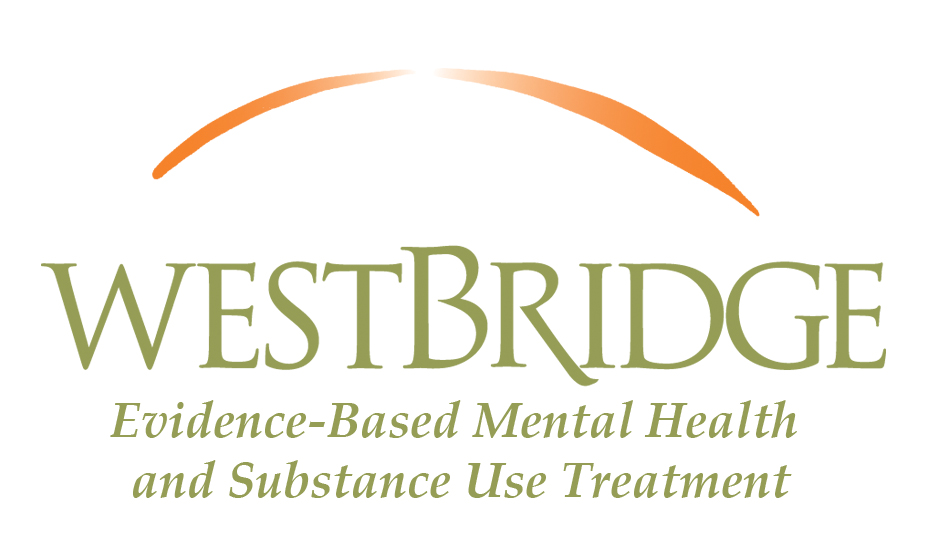 Leaving the military isn’t just a personal and career change; it’s a major family transition for everyone. Everyone has to adjust when your service ends: you, your spouse or partner, kids, parents, siblings, etc. All of whom aren’t quite sure what to say anymore to you when it comes to conversations about what you are doing and, more importantly, how you’re doing. Helping your family understand what this transition really means can make a big difference between feeling isolated and finding your footing together as a family.
Leaving the military isn’t just a personal and career change; it’s a major family transition for everyone. Everyone has to adjust when your service ends: you, your spouse or partner, kids, parents, siblings, etc. All of whom aren’t quite sure what to say anymore to you when it comes to conversations about what you are doing and, more importantly, how you’re doing. Helping your family understand what this transition really means can make a big difference between feeling isolated and finding your footing together as a family.
It’s important to recognize that your family likely sees the change differently than you do. You have gone from a structured, purpose-driven environment into one that offers freedom but also a lot of uncertainty. Your family has gone from waiting for your calls or deployments to having you home full-time, which can feel strange to them.
You may look the same, sound the same, and live under the same roof as prior to being in the military, but mentally and emotionally, you’re adjusting to a completely different rhythm afterwards. Tell your family when you feel restless, anxious, or disconnected from things or from people. Being straightforward with them can help your family understand what you’re going through and reduce any confusion. It gives your family a chance to support you instead of trying to guess what’s going on.
Family members are trying to adapt to their own version of change as well. Your spouse or significant other may need to redefine household routines and your kids might not know how to handle your new availability. It’s not unusual to struggle with transitioning from missing you to now having you there all the time.
Including your family in the process helps them feel connected instead of feeling left out. Bring them into decisions when possible and ask them for advice and feedback – talk about what kind of work you want next, where you might move, how to structure the day. Shared planning can rebuild the teamwork that military life once demanded, only now it’s a context built around family goals rather than service orders.
It’s also okay to ask for outside help. Many veterans’ organizations and community programs offer transition counseling not just for service members, but for their families. Hearing from others who’ve been through it, other spouses and significant others, other children of veterans, helps to normalize the change. It reinforces that you’re not alone in this.
WestBridge, Inc., based in Manchester, New Hampshire, delivers compassionate and evidence-based care to adults living with serious mental illness and/or substance use disorders. For veterans who may face complicated issues, trauma, post-traumatic stress disorder (PTSD), co-occurring substance use, disruption in employment or family life, WestBridge offers a structured environment where healing and resilience are priorities. WestBridge is a provider for the Veterans Administration Community Care Network in VA Region 1. Veterans must receive approval from the VA prior to obtaining care from a community provider. Contact admissions for inquiries and questions.
